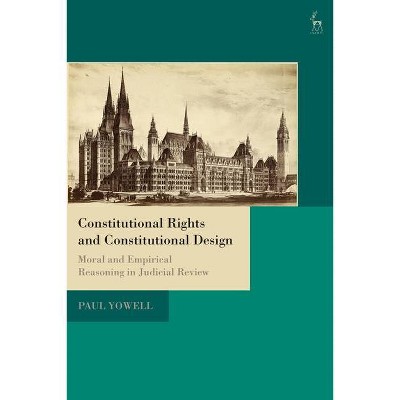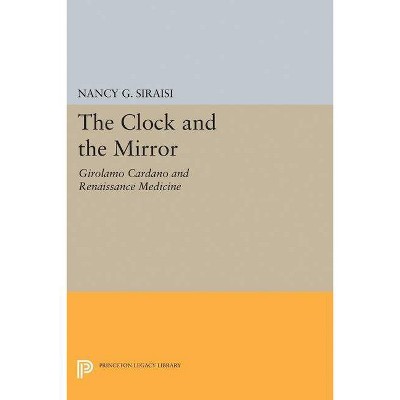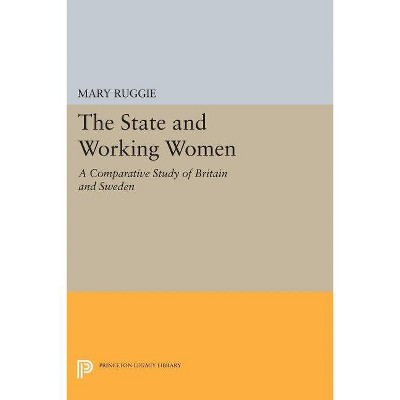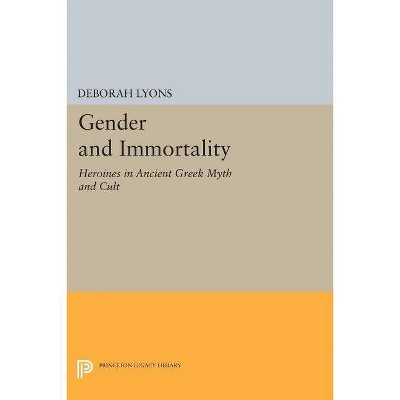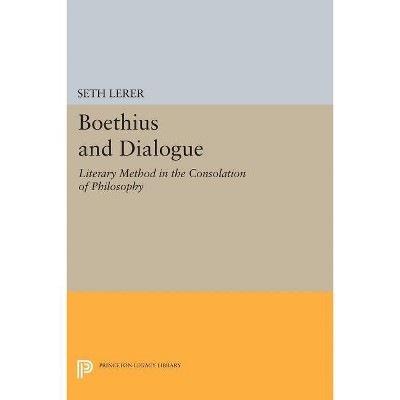Constitutional Rights and Powers of the People - (Princeton Legacy Library) by Wayne D Moore (Paperback)
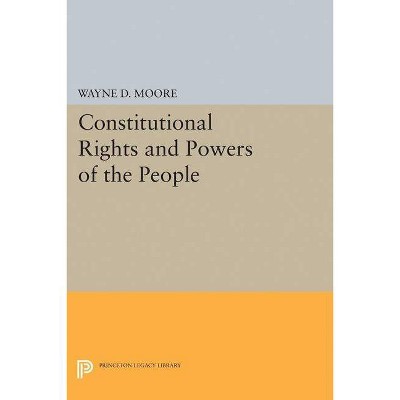
Similar Products
Products of same category from the store
AllProduct info
<p/><br></br><p><b> Book Synopsis </b></p></br></br><p>American constitutionalism rests on premises of popular sovereignty, but serious questions remain about how the people and their rights and powers fit into the constitutional design. In a book that will radically reorient thinking about the Constitution and its place in the polity, Wayne Moore moves away from an exclusive focus on courts and judges and considers the following queries: Who is included among the people? How are the people politically configured? How may the people act? And how do the people relate to government and other representative structures? Going beyond though not excluding relevant discussions of specific constitutional texts (such as the preamble, articles V and VII, and the ninth, tenth, and fourteenth amendments), Moore examines historical material from the antebellum period, such as the opinions of U.S. Supreme Court justices in the notorious Dred Scott case and significantly different perspectives from the writings and speeches of Frederick Douglass. He also looks at influential thinking from the founding period and examines precedents set during prominent controversies involving the establishment of a national bank, regulations of the economy, and efforts to limit sexual and reproductive choices. The penultimate chapter explores issues raised by claims of state interpretive autonomy, and the conclusion models various dimensions of the constitutional order as a whole. The book offers fresh insights into central problems of constitutional history, theory, and law. <p/>Originally published in 1996. <p/>The <b>Princeton Legacy Library</b> uses the latest print-on-demand technology to again make available previously out-of-print books from the distinguished backlist of Princeton University Press. These editions preserve the original texts of these important books while presenting them in durable paperback and hardcover editions. The goal of the Princeton Legacy Library is to vastly increase access to the rich scholarly heritage found in the thousands of books published by Princeton University Press since its founding in 1905.</p><p/><br></br><p><b> From the Back Cover </b></p></br></br><p>"Wayne Moore is asking fresh and interesting questions about what it means to participate in a constitutional regime based on the idea of popular sovereignty.... Anyone interested in American Constitutionalism would benefit from this book."<b>--Sanford Levinson, University of Texas, Austin</b></p><p/><br></br><p><b> Review Quotes </b></p></br></br><br>[Moore's] reflections on constitutional law are excellent. . . . This book will be useful to professors of Constitutional Law and possibly to students in courses in advanced studies of the Constitution. . . . Professor Moore's treatment of the Dred Scott decision is especially interesting since it weaves in materials that will not be familiar to many readers.<b>---Robert F. Drinan, <i>Law Books in Review</i></b><br><br>One of Choice's Outstanding Academic Titles for 1997<br><br>The entire package within which these familiar positions take shape is often refreshingly original.... There is much in Moore's work that merits attention from constitutional theorists.<b>---Gary Jeffrey Jacobsohn, <i>The Law and Politics Book Review</i></b><br><br>Winner of the 1997 C. Herman Pritchett Award, Laws and Courts section of the American Political Science Association<br>
Price History
Price Archive shows prices from various stores, lets you see history and find the cheapest. There is no actual sale on the website. For all support, inquiry and suggestion messagescommunication@pricearchive.us

